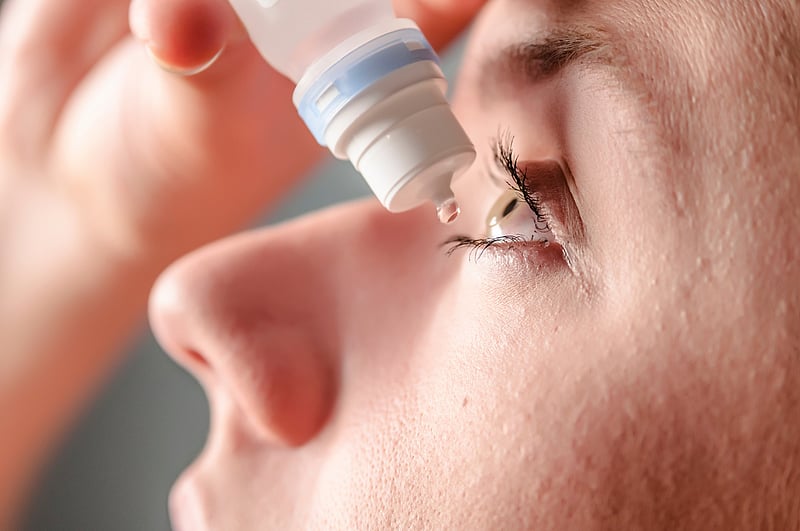Get Healthy!

- Posted May 12, 2023
Cleveland Case Suggests Tainted Eye Drops Were Harming Vision Months Before CDC Alert
Months before U.S. health officials warned that tainted eye drops were causing vision loss and even death, a Cleveland woman lost the sight in her eye in a case that puzzled her doctors.
The 72-year-old went to an outpatient eye clinic last November complaining of blurry vision. She was sent to a hospital emergency department from there.
Ophthalmologists evaluated her eye, cultured the infection and sent the woman home with a combination of strong antibiotic eye drops.
But the next day her eye was worse, and she saw yellow discharge on her pillow.
This time she saw a cornea specialist, and eventually she was referred to microbiologists and infectious disease experts.
"We wondered if she'd accidentally touched something, or there was some freak accident,"said lead study author Dr. Morgan Morelli, an infectious disease fellow at University Hospitals Cleveland Medical Center.
"It required a lot of thinking and digging to figure out what was going on,"Morelli said. "And we never thought it was related to a global manufacturing issue,"she added in a news release from the American Society for Microbiology.
But that was the cause -- tainted EzriCare Artificial Tears.
Eye infections linked to the contaminated artificial tears have caused devastating infections for U.S. patients, leading to a warning by the U.S. Centers for Disease Control and Prevention in February. By March, the CDC said it knew of 68 cases of illness and death linked to the eye drops.
Now, doctors have put together evidence that some of these infections were seen as early as spring 2022.
In the Cleveland woman's case, she was finally treated for a corneal ulcer caused by the drug-resistant gram-negative bacterium Pseudomonas aeruginosa.
"I've never recovered it from an eye,"Morelli said of P. aeruginosa, which is not usually involved in eye infections.
The source came to light after infectious disease specialist Dr. Scott Fulton asked the patient's husband to bring in her eye drops for testing.
A sample from the patient was sent to Dr. Robert Bonomo, an expert in gram-negative, drug-resistant bacteria at Case Western Reserve University School of Medicine, in Cleveland.
The mystery started to become clear.
The lab identified a P. aeruginosa isolate that matched genetic material found in the EzriCare eye drops the patient had been using. The researchers were able to connect the infection to the contaminated drops.
But the isolate was resistant to any antibiotics delivered directly to the eye.
So, instead, the woman was treated with the strong antibiotic cefiderocol (Fetroja). It has some effectiveness against this bacterium. She was also given two other topical antibiotics.
Although the patient's injury improved, she may not regain her vision.
"I think it took a while for this to be put together, in terms of what all these patients had in common,"Morelli said about the initial cases in 2022 and the CDC warning in February.
The contaminated eyedrops are no longer in stores, but they may still pose a risk to people who have them at home.
Morelli also hopes this case helps ophthalmologists and optometrists who are the first to see this infection in future patients.
"We don't always get this detailed of a history or ask someone to bring in over-the-counter medicine they're using,"she said. "We really wanted to raise awareness."
The report was published May 11 in Antimicrobial Agents and Chemotherapy.
More information
The U.S. Centers for Disease Control and Prevention has more on Pseudomonas aeruginosa.
SOURCE: American Society of Microbiology, news release, May 11, 2023







